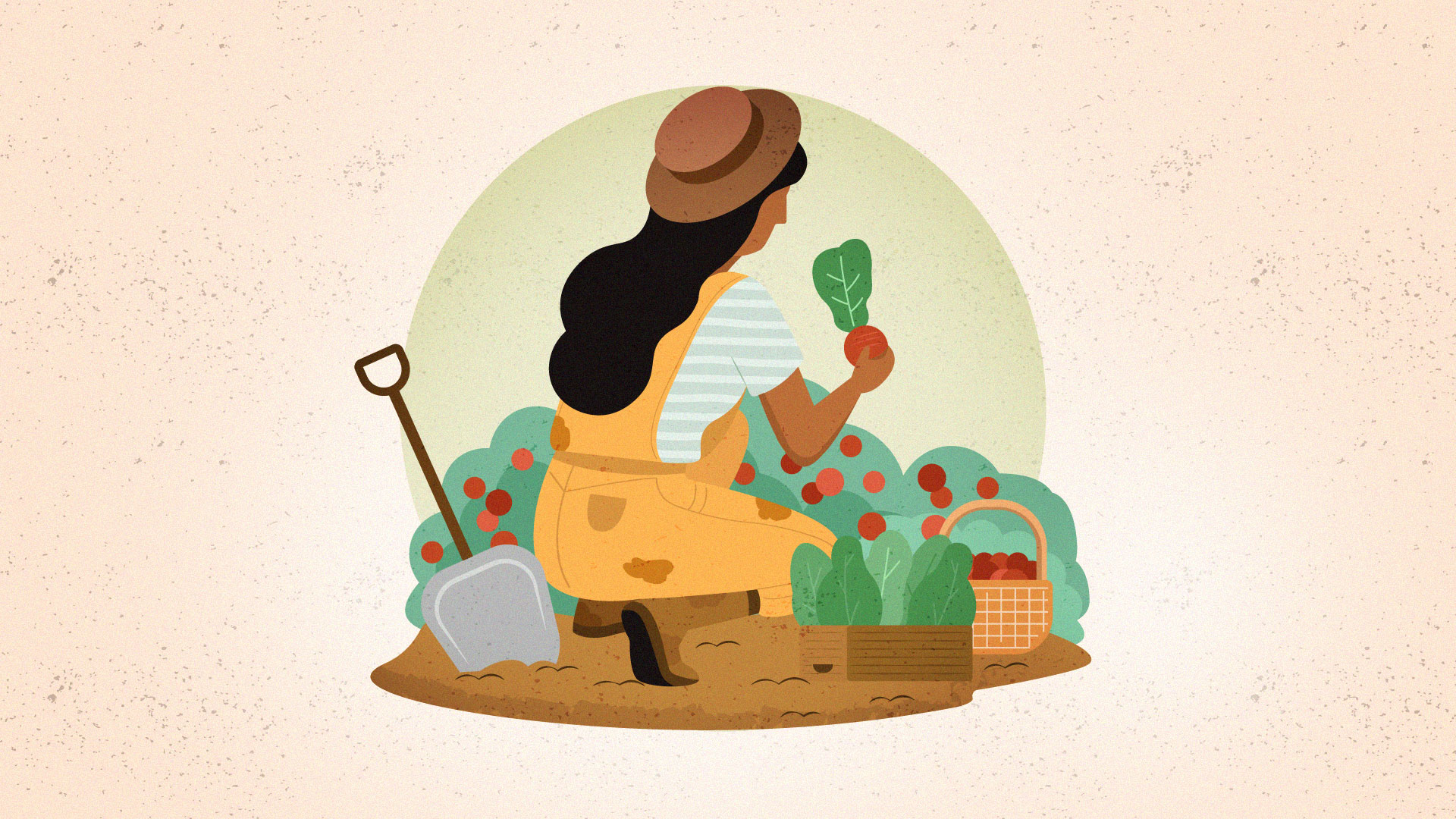Between uncertainty and faith, lies the promise of a better season
The weeks leading up to lockdown last year were the busiest my organic produce agribusiness had ever known. I was delivering baskets with organically grown vegetables, fruit, and eggs to a growing customer base.
I enlisted help from everyone in my family to meet the overwhelming demand. During lockdown, I obtained a permit to keep operating.
Business was booming, thanks to heightened concerns over food supply. Something bigger than us was happening. But slowly, the psychological effects of COVID began to take their toll on me and my family.
The world was turned upside-down by the pandemic. We began losing people who were distant, as well as people who were very close. It left us feeling defeated.
In farming, each season’s planting is an act of hope and uncertainty. We plant based on what we would like to yield, yet we sow these seeds with a fair amount of faith.
Even the most experienced farmers suffer some level of loss in the planting season, at times more than they can recover from in a season.
Those who follow the permaculture philosophy of farming – simply put, farming in harmony with nature or designing sustainable gardens – suffer even more loss as a result of not using chemicals to deter pests.
The first principle of permaculture is to observe and interact. This means learning to listen to nature and looking deeper into its patterns and systems.
Deciding to respond more to the call of nature, rather than the demands of business, I paused operations to take in what the pandemic was trying to teach us on a deeper level.
I spent a few months nurturing my kids and making sourdough and baking bread, a process that encourages repetitive action and deep reflection. I started tending my garden, which I had neglected in the rush to make deliveries. I enjoyed getting my hands dirty again, connecting with the earth.
More profoundly, that period gave me time to reflect on the purpose of my agribusiness. It was born out of a personal challenge to become more self-reliant and grow some of my own food.
I used that time to plant the next shoot of the business model: edible backyard gardens. Instead of exhausting my energy in delivering vegetables, I would refuel my purpose by helping people grow food in their own backyards.
This was by no means what I had initially intended for the agribusiness. I had plans to start an organic grocery store or supply stores with organic produce.
Through deep observation and interacting with the earth, as well as with other people, I found that more people were going through their own journey of becoming more self-reliant.
The panic buying during lockdown, as well as the more recent unrest that left many grocery shelves empty, showed us how vulnerable we are.
I never did go back to delivering organic produce. I have since started a course on herbalism, to understand the magic of plants in healing us, and to understand how to give back to the land that feeds and heals us.
I have travelled to my mother’s homelands in the Eastern Cape for the first time in my 38 years, to understand my roots and how to nourish them.
Even as I feel my soul burst with inspiration, and my clients’ gardens explode with life, I understand that the hopeful part of beginning each season comes with learning to let go once you’ve sown your seeds, and letting nature take its course.

Leave a Reply